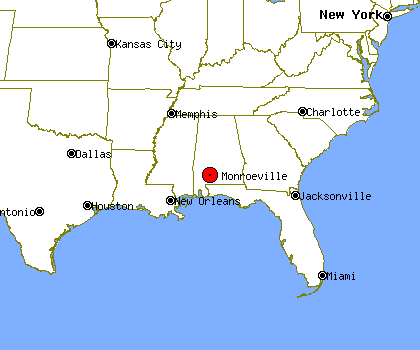 Monroeville council is scheduled to vote Nov. 11 on whether to grant zoning changes so that a Hindu temple can expand.
Monroeville council is scheduled to vote Nov. 11 on whether to grant zoning changes so that a Hindu temple can expand.
After more than two hours of testimony from administrators, residents and representatives of the Sri Shirdi Sai Baba Temple, council last week voted to table action on the temple’s conditional use requests. Councilman Jim Johns recused himself from the vote.
Monroeville solicitor Bruce Dice said council must act on the matter within 45 days of the Oct. 14 meeting.
Councilman Rob Harvey made the motion to table the matter “to take advantage of the time to analyze the information we received.’’
Sri Shirdi Sai Baba Temple requested conditional use approval to cut and fill nearly 25,000 cubic yards of earth near its present location on Abers Creek Road.
Officials of the temple want to construct a 13,410-square-foot, two-story building; a 1,466-square-foot addition; and a 264-square-foot connecting wing and four gazebos. The addition would contain new worship facilities, an office, meditation areas and a kitchen.
The proposed addition would be situated in the S Conservancy and R-2 single-family zoning districts. If approved, the project is expected to take five years to complete.
Tom Ayoob, attorney for the temple, said at the hearing that the municipality’s zoning ordinance “allows as a conditional use a church and school, as well as major excavation.” He added the municipality’s planning commission “recommended approval with conditions.”
Mr. Ayoob said the temple has been in its Monroeville location since 1991 and the building itself is nearly 100 years old. Sri Shirdi Sai Baba was among the first Shirdi temples in the United States, according to its website.
“It needs to be upgraded,” Mr. Ayoob said.
Raghu Malyala, temple secretary, said the additions would help “accommodate our growing congregation” and enable members to host community events and “other activities not possible” at the current facility.
The temple also is asking to consolidate four plots of land into one 36.6-acre parcel.
The municipality cited steep slopes as constraints to development.
Mark Ciufo, zoning officer, referred to the municipality’s ordinances regarding steep slopes and its comprehensive plan during the hearing, saying community development objectives called for a “pleasant, attractive environment” for residents as well as the “preservation of natural topography.”
Mr. Ciufo said the majority of the 36.6 acre plot has slopes in excess of 25 percent and many areas have slopes exceeding 35 percent. About seven acres of the property have slopes greater than 40 percent.
Martha Frach of Streamline engineering of Monroeville, the engineer on the project, said building will take place on the areas with milder slopes.
Javaid Alvi, president of Geo-mechanics Inc. of Elizabeth, said at the hearing that his company has been “retained by the temple to look at what the geo-technical issues are at the site.”
Mr. Alvi said boring was performed and samples were taken from several areas of the site. He added that the way the cutting and filling would be done would take into consideration the “topography of the area.”
“We have done site-specific boring on the site,” Mr. Alvi said.
He added that a series of retaining walls ranging from six to 12 feet would be used to help stabilize the ground.
Resident Eric Roberts, who lives in the Turnpike Gardens plan near the temple, was concerned that cutting and filling around the property would make the ground around his home unstable.
“I share a property line with the temple,” Mr. Roberts said. “What steps are being taken to protect the neighbors of Bert Drive?” he asked during the hearing.
Resident Robert Serafini questioned whether dynamite would be used in any of the work on the site.
Mr. Ayoob said dynamite would not be used.
Additionally, the municipality had concerns about the new driveway off Northern Pike onto Abers Creek Road into the temple.
Residents were concerned about site distance and traffic from Northern Pike near the new driveway.
Resident Stan Pittman said the proposed entrance “is just a bad idea.” He added, “That [intersection] will become an accident waiting to happen.”
Mr. Malyala said the new driveway would be beneficial to the temple as the current one is difficult for emergency vehicles and buses to navigate.
Ms. Frach said a traffic impact study was not required by the state Department of Transportation. She said the temple has applied for a highway occupancy permit and, according to PennDOT, “We have met the site distance requirement for the driveway.”
The Nov. 11 meeting starts at 7 p.m.





